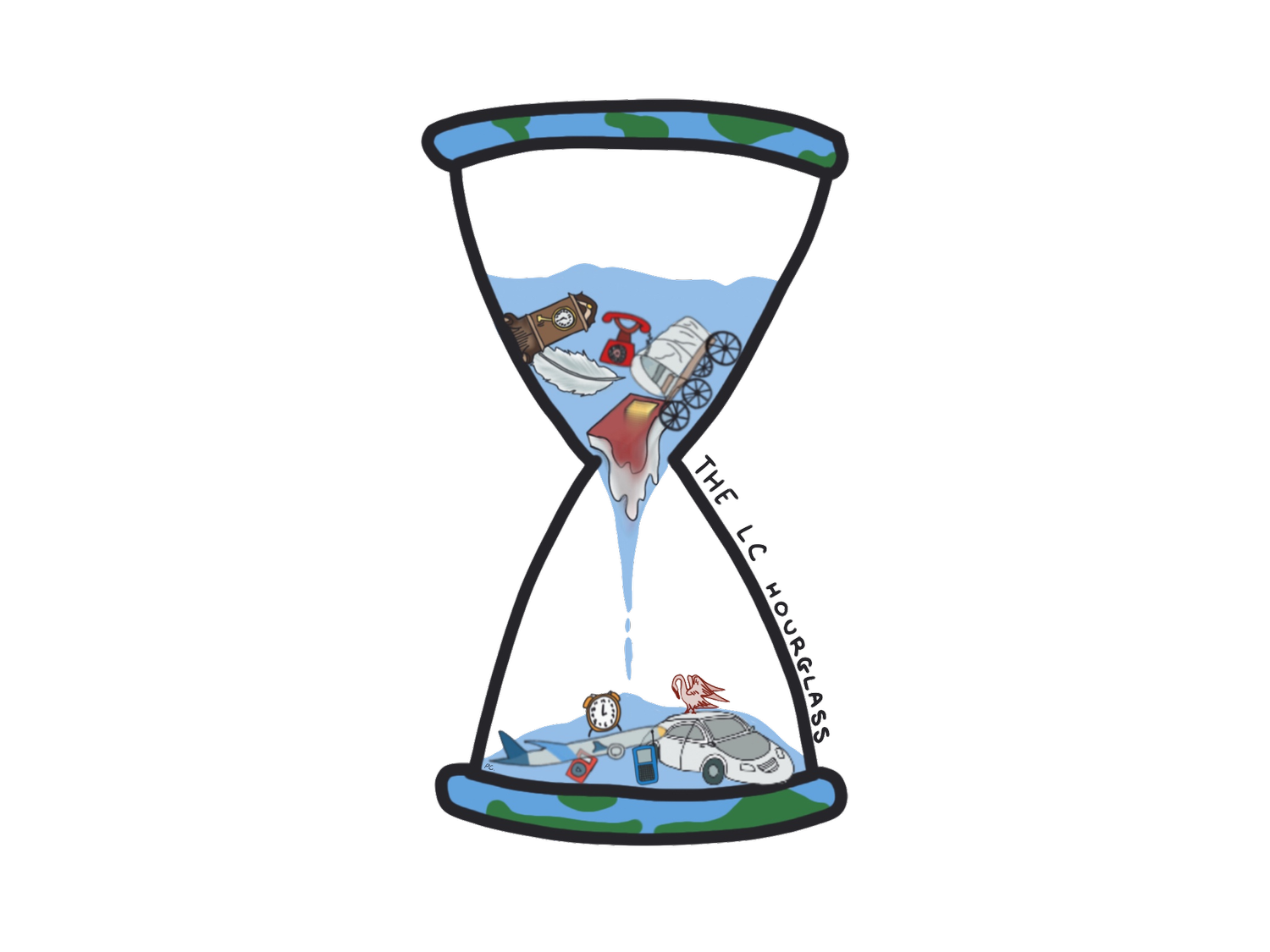Horror Films and Generational Trauma
By Khanh Le ‘24
This year in Neuropsychology at The Loomis Chaffee Institution, we delved into the intricacies of the human brain, exploring the different regions, lobes, and cortex responsible for various bodily functions. My fascination with how the brain operates led me down a path of understanding how these mechanisms intersect with our emotional responses. One aspect that caught my attention was the role of the amygdala, a small but significant structure within the cerebral hemisphere, and its association with the human experience of fear.
As I pored over the fascinating insights I gained, I couldn't help but ponder how individual differences in the amygdala's functioning could impact our perception of horror films. It's intriguing to note that, for some, one amygdala may not register fear; such a distinct variability in emotional processing sheds light on why horror movies can elicit such diverse reactions. Furthermore, it has become evident that a person's unique life experiences and background play a crucial role in shaping their response to horror in cinema.
Consider this scenario: Someone harbors a deep aversion to dogs. Suppose they were to watch a horror film involving dogs' assassination and harm. In that case, they might find the experience far more terrifying than someone with no particular preference for or aversion to dogs. The variety of responses engages with an individual's personal history and emotional associations intertwined with the film's content to magnify or diminish the impact of the horror on them.
This is where the concept of generational trauma comes into play. Horror films, at times, draw on historical events that have unfolded in the past. These events, when depicted on screen, can serve as traumatic triggers for those who have a direct connection to the historical context in question. An excellent example is the movie "Annabelle," which delves into the supernatural by connecting to historical events. For individuals who share a historical link or a personal connection to the depicted events, the movie may become an intense and distressing experience.
In essence, the intersection of neuropsychology and the horror genre reveals a profound connection between the functioning of our brains, our life experiences, and our emotional responses to cinema. It's a testament to the depth and complexity of the human psyche, and it underscores how the power of storytelling can evoke a wide range of emotions, from fear to empathy, by tapping into the complex labyrinth of our minds. So, the next time you watch a horror film, consider the unique interplay of your brain, emotions, and life experiences that shape your reactions and perceptions, and you may find a deeper appreciation for the art of horror.
